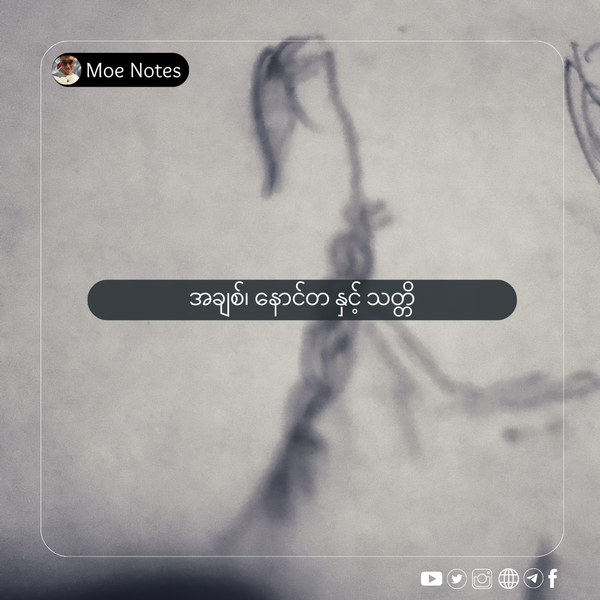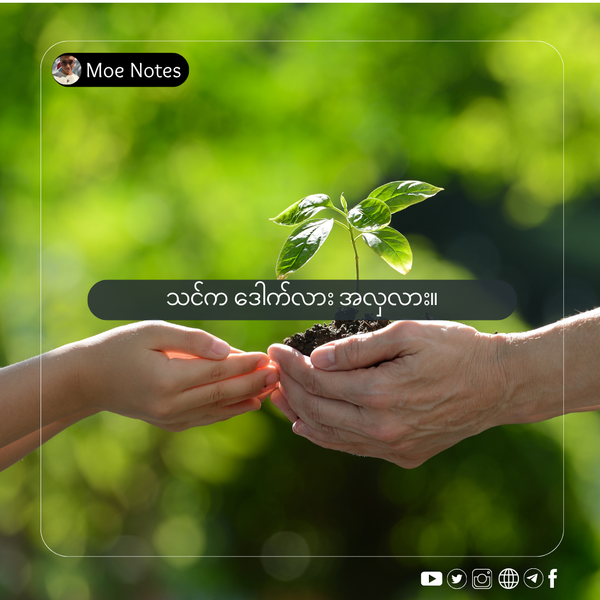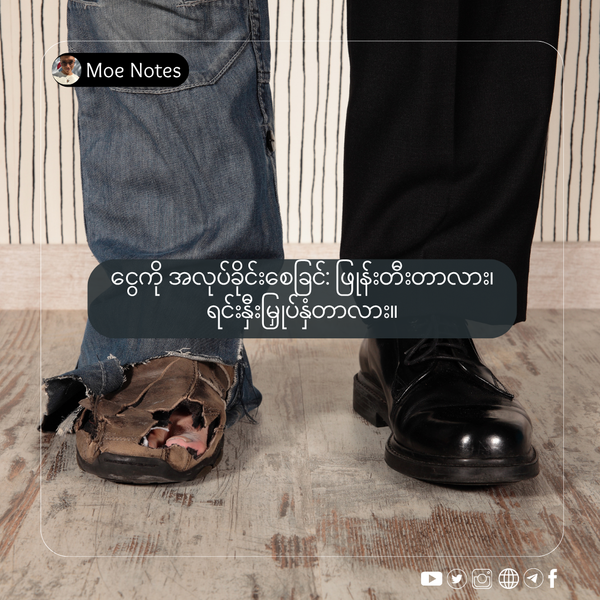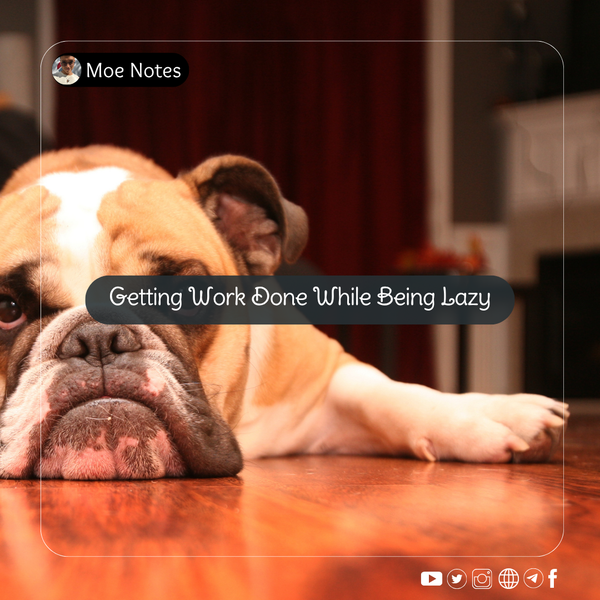The Complete Pre-University Roadmap for Myanmar Students: Pathways, Myths & Final Preparations
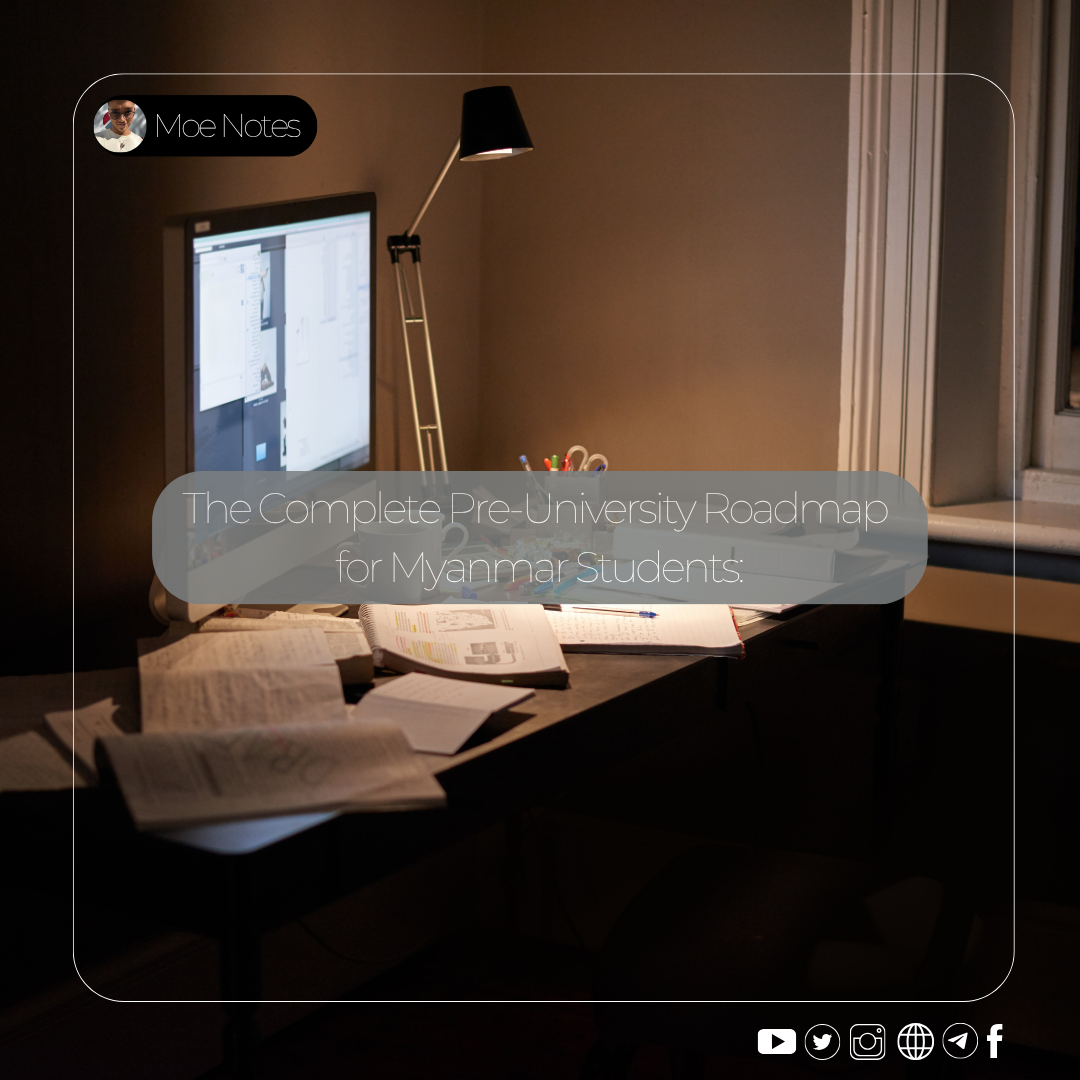
This article is also available in [Burmese]
"I've finished Grade 10 or O-Levels. What's next?" This question is born from a mix of hope and confusion. This article is a comprehensive strategic guide, designed to take you from the crossroads of decision-making to your first day of university life abroad.
A Blunt Note on the Myanmar Grade 12 Curriculum
First, let me be clear: this guide will not include recommendations for students currently enrolled in the Myanmar curriculum's Grade 12. In my view, the decision to participate in this specific curriculum, under the current political conditions, is already a choice about one's path—a path that does not lead to high-quality international institutions. Their journey is largely predetermined, and therefore, they will not require my help. I don't have even the slightest faith in the current Burmese curriculum.
Part 1: An In-Depth Guide to Your Pre-University Pathway Options
After Grade 10 or O-Levels, you must complete a "Foundation" or Pre-University program. Here are your main options explained in detail.
1. GCE A-Level: The Gold Standard The A-Level is the UK's high school diploma and one of the most respected qualifications in the world. It is a two-year program where you specialize in 3-4 subjects in great depth. This demonstration of subject mastery is highly valued by top-tier universities.
- Best for: Students who have two years to dedicate, are academically focused, and are aiming for the best universities in the UK, Australia, Singapore, and beyond.
2. OSSD: The Fast and Flexible Route The OSSD is the high school diploma from Ontario, Canada, and is typically completed in one year. Its key advantage is the assessment model: 70% coursework (assignments, projects) and 30% final exams. This benefits diligent students who may not perform well under intense exam pressure.
- Best for: Self-motivated students who are good at consistent work, want a faster pathway, and are especially interested in Canadian universities.
3. International Baccalaureate (IB): The Holistic but Demanding Path The IB is a comprehensive global curriculum that requires students to study six subjects and write a 4,000-word Extended Essay. It is known for its academic rigor.
- Best for: It is extremely difficult to switch into suddenly from the Myanmar system. This path is generally only recommended for students who have been in the IB system from a young age.
4. GED: The High-Risk, Low-Reward Option The GED is a US high school equivalency test. It is entirely exam-focused.
- Best for: This is a last-resort option for students for whom cost is the absolute primary barrier. Be warned: its academic rigor is questioned by many reputable universities, acceptance rates at good schools are very low, and it can present visa challenges.
5. HND/OTHM Diploma: The Localized Pathway These are UK-based vocational qualifications often delivered through a "2+1" model: two years of study in Myanmar followed by a final "top-up" year at a partner university in the UK.
- Best for: The main drawback is that you are locked into a very small number of partner universities, which are often not top-tier. This path is for students whose main priorities are saving money and simply getting a foreign degree, without being concerned about the ranking of the institution.
Part 2: Debunking the Myths & Misconceptions That Hold You Back
Fear and misinformation can be bigger obstacles than exams or finances. Let's clear them up.
- Myth #1: "I'm too old to start." I hear this constantly from students who, due to the disruptions in Myanmar, are finishing their A-Levels or Foundation at 19 or 20. They fear they will be the "old person" in a class of 18-year-olds. This is completely wrong. Western universities, especially in the UK, are filled with students of all ages. You will find 25-year-olds, 40-year-olds, and even 60-year-olds starting their Bachelor's degrees. No one cares about your age; they care about your perspective. Your life experience is an asset, not a liability.
- Myth #2: "I need a 'supporter' (လူခံ) to survive abroad." While having a relative abroad is nice, it is not a requirement for success. As I've said before, unless they can provide tangible support like accommodation or act as a financial guarantor, their role will be limited. Millions of students succeed on their own. Self-reliance is the most important skill you will learn.
- Myth #3: "My English is good enough because I watch movies." There is a huge difference between conversational English and academic English. University requires you to read dense academic journals, write structured argumentative essays, and understand complex lectures. Do not underestimate this gap. Take a formal test like the IELTS to get a true measure of your ability, and work on your academic writing skills specifically.
- Myth #4: "A foreign degree is an automatic ticket to a good job." A degree certificate alone is not enough. The quality of your university, the skills you acquire, the internships you complete, and the professional network you build are what truly matter. An HND from a low-ranked partner university will not open the same doors as an A-Level-entry degree from a world-renowned institution.
Part 3: The Aftermath - Where Each Pathway Actually Leads
You've chosen your path and worked hard. What is the final reward? Where do you land after completing your pre-university program?
- After A-Levels or IB: You gain direct entry into Year 1 of a Bachelor's degree program at a wide range of competitive universities globally. This is the most prestigious and flexible outcome.
- After a Foundation Year (like OSSD): You gain direct entry into Year 1 of a Bachelor's degree at most universities that have partnered with or recognize your foundation program.
- After an HND/OTHM Diploma: You typically gain entry into the final year (Year 2 or 3) of a specific Bachelor's degree at a limited number of partner universities. This is known as a "top-up" degree. Your choices are much narrower than with A-Levels.
- After the GED: The pathway is less certain. You may be required to complete an additional Foundation Year before being admitted to Year 1 of a university, often at a lower-ranked institution.
Part 4: Your Pre-Departure Bootcamp - A Final Training Manual
You’ve chosen your path, you’ve received your offer letter. Congratulations. The final and most critical phase has now begun. In the few months before you fly, your focus must shift from getting in, to being ready to succeed. Here is your training manual.
Academic Bootcamp: How to Survive Your First Semester
The academic culture shock is often the most difficult. In Myanmar, we are taught to listen and memorize. Abroad, you are expected to question, analyze, and create.
1. Deconstruct the Academic Essay
- The Reality Preview: The rigid 5-paragraph essay you learned in school is not enough. University essays require you to develop a sophisticated argument, critique sources, analyze different viewpoints, and form your own original conclusion. It's not about listing facts; it's about building a case.
- Your Mission: Find a university-level essay on a topic you like (Google Scholar is a good place to start). Don't just read it; analyse its structure. How does the author introduce their argument? How do they use evidence in each paragraph? How do they build to a conclusion? Try to create a reverse-outline of the essay. This will teach you more than any textbook.
2. Master the Art of Citing: Your Shield Against Plagiarism
- The Reality Preview: In the West, plagiarism is considered academic theft and is a serious offense that can get you expelled. It's not just "copying." Using someone's idea without giving them credit is plagiarism. You will be required to cite everything using a specific style like Harvard or APA.
- Your Mission: Go to the "Purdue OWL" (Online Writing Lab) website—it's a famous free resource. Look up the guide for Harvard referencing. Practice. Take a paragraph from a news article you like and try to create a correct in-text citation and a full reference list entry for it. Get comfortable with the format now, not when you're panicking at 2 AM with a deadline.
Digital Bootcamp: Mastering Your University Toolkit
Your entire university life will be managed digitally. Being proficient with the right tools is a non-negotiable skill.
- The Reality Preview: You will collaborate on group projects using shared documents, submit all assignments through online portals, and be expected to manage hundreds of research articles digitally.
- Your Mission: Don't just know about these tools, use them for a real task.
- Google Drive / OneDrive: Create a detailed folder structure for a hypothetical university course (
[Course Name] > Week 1 > Readings,[Course Name] > Assignments > Essay 1 Drafts). Get organized now. - Reference Manager (Zotero or Mendeley): Download one of these (they are free). Watch a 10-minute tutorial on YouTube. Add 5-10 online articles to your library and practice generating an automatic bibliography. This one skill will save you dozens of hours and make you a hero in group projects.
- Google Drive / OneDrive: Create a detailed folder structure for a hypothetical university course (
Life Skills Bootcamp: The Real Syllabus
This is the syllabus no one gives you, but it’s the one that determines whether you sink or swim.
1. The Kitchen is Your Friend: Cooking for Survival and Sanity
- The Reality Preview: Eating out every day is financially impossible. You will have to cook. But more than that, cooking for yourself or your new flatmates is one of the best ways to de-stress, feel at home, and build friendships.
- Your Mission: Before you leave, master five simple, healthy, and cheap meals. I suggest: one rice dish (like fried rice), one pasta dish, one soup, one egg dish (like an omelette), and one stir-fry. Cook them for your family until you can do it without a recipe.
2. The Art of the Budget: Your Financial Lifeline
- The Reality Preview: Your student loan or family's money will arrive in a large lump sum. It is incredibly tempting to spend it in the first month. If you do not have a strict weekly budget, you will run out of money before the end of the semester. I have seen it happen to so many people.
- Your Mission: For one month before you leave, track every single kyat you spend. Use a simple notes app or a budgeting app. The goal is not to stop spending, but to build the habit of financial awareness.
3. The Unseen Challenge: Preparing for Loneliness
- The Reality Preview: You will feel lonely. It is not a possibility; it is a guarantee. There will be nights when you miss your family so much it physically hurts. Everyone goes through it. The difference between those who thrive and those who struggle is being prepared.
- Your Mission:
- Build Your Toolkit: Identify what recharges you when you are alone. Is it reading? Going for a run? Listening to a specific playlist? Drawing? Know what your personal "mental health toolkit" is before you need it.
- Schedule Your Connections: Before you leave, schedule a recurring weekly video call with your family or closest friends. Put it in your calendar. Make it a non-negotiable appointment. This small routine will be your anchor in the most difficult weeks.
